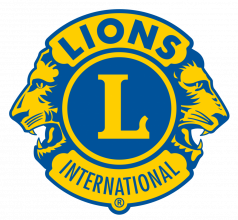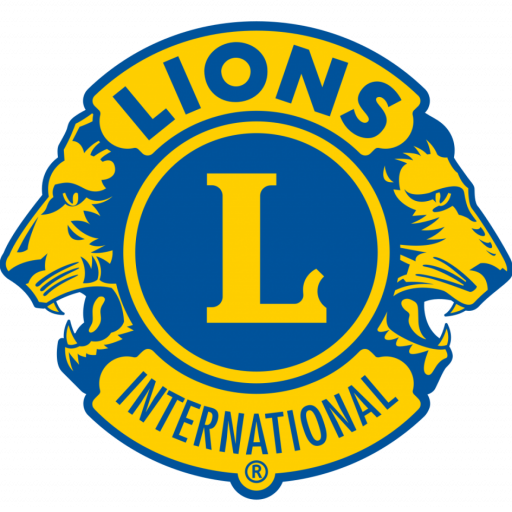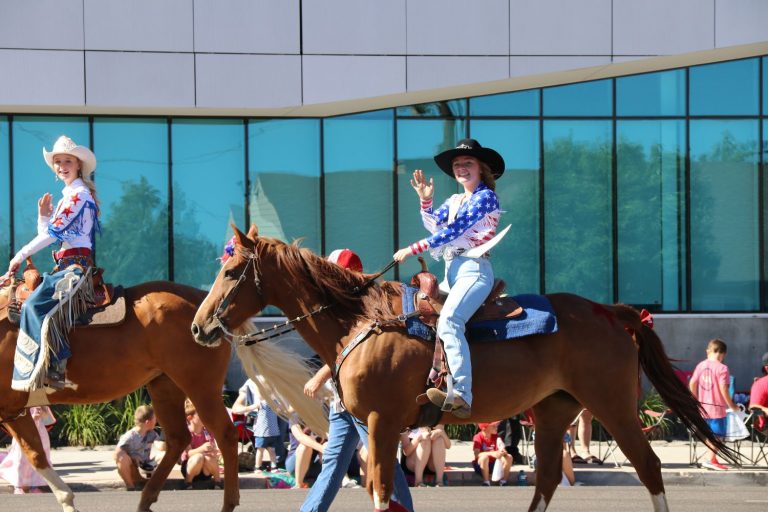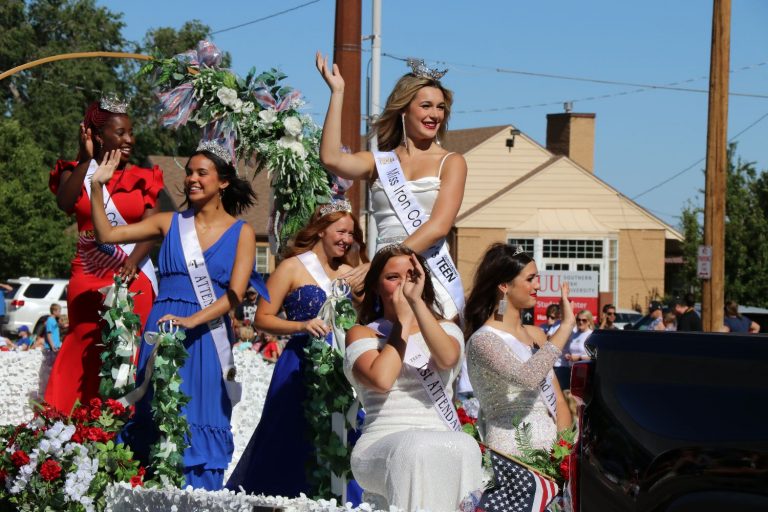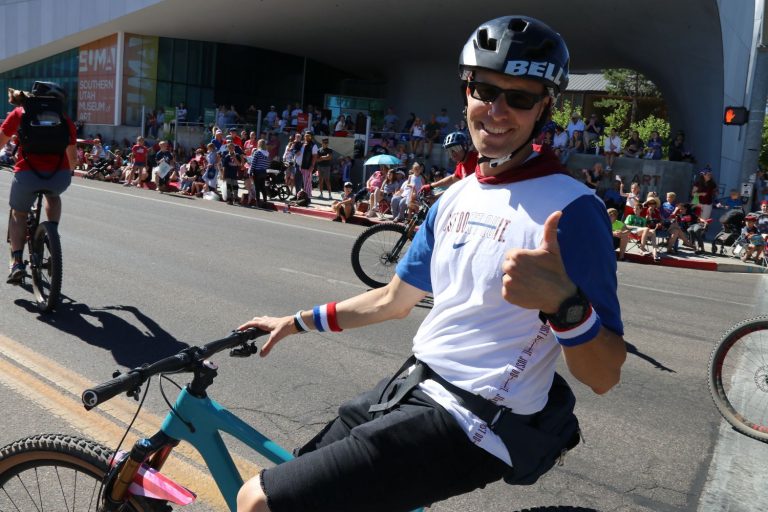The Spirit of '76
Celebrating the People and Events of the Founding of the United States of America




Grand Marshals: General George Washington and First Lady Martha Washington
George Washington; “First in war, first in peace, first in the hearts of his countrymen”. Truly, Washington was the Indispensable Man in the cause of liberty.
Martha Washington; revered as the Mother of our Country. Every year Martha Washington made the arduous journey to General Washington’s camp, whether it was at Cambridge, Valley Forge, Philadelphia, Morristown, Newburgh, or elsewhere. She stayed with him for months at a time. In fact, during the period from April 1775 until December 1783 Martha Washington was with her husband for almost half the time he was away.
The General regarded his wife’s presence as essential to the cause. Martha Washington is considered the worthiest of partners to the worthiest of men.




December 16, 1773: Boston Tea Party
Protesting both a tax on tea (taxation without representation) and the perceived monopoly of the East India Company, a party of Bostonians thinly disguised as Mohawk people boarded ships at anchor and dumped some £10,000 worth of tea into the harbor, an event popularly known as the Boston Tea Party.

March 23, 1775: Patrick Henry’s “Give me liberty or give me death” speech
Convinced that war with Great Britain was inevitable, Virginian Patrick Henry defended strong resolutions for equipping the Virginia militia to fight against the British in a fiery speech in a Richmond church with the famous words, “I know not what course others may take, but as for me, give me liberty or give me death!”
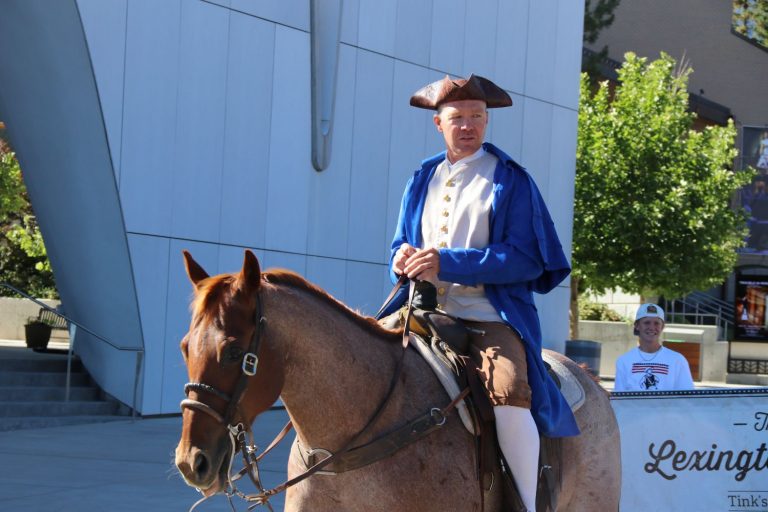
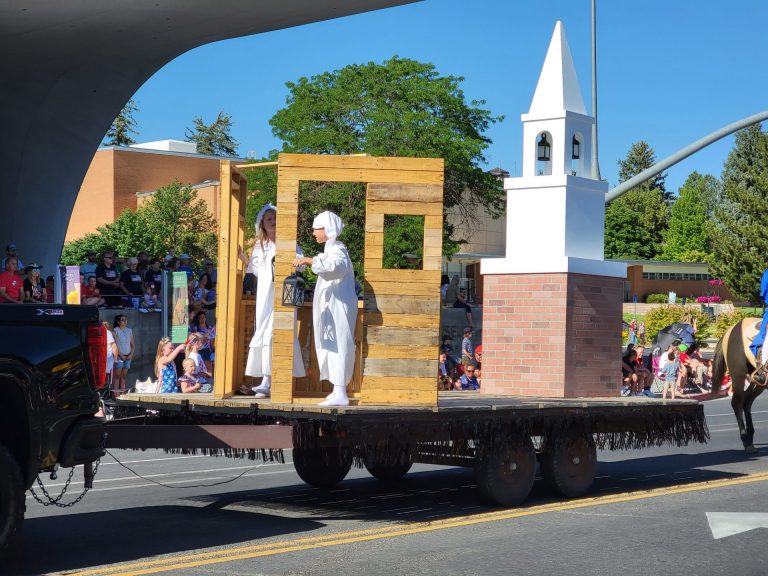

April 18–19, 1775: Paul Revere’s Ride
On the night of April 18, 1775 Paul Revere rode from Charleston to Lexington (both in Massachusetts) to warn that the British were marching from Boston to seize the colonial armory at Concord. En route, the British force of 700 men was met on Lexington Green by 77 local minutemen and others. It is unclear who fired the first shot (commonly known as “the shot heard ‘round the world”), but it sparked a skirmish that left eight Americans dead.



April 18–19, 1775: The Battles of Lexington and Concord
Meanwhile, at Concord, the British were met by hundreds of militiamen. Outnumbered and running low on ammunition, the British column was forced to retire to Boston. On the return march, American snipers took a deadly toll on the British. Total losses in the Lexington and Concord numbered 273 British and more than 90 Americans.
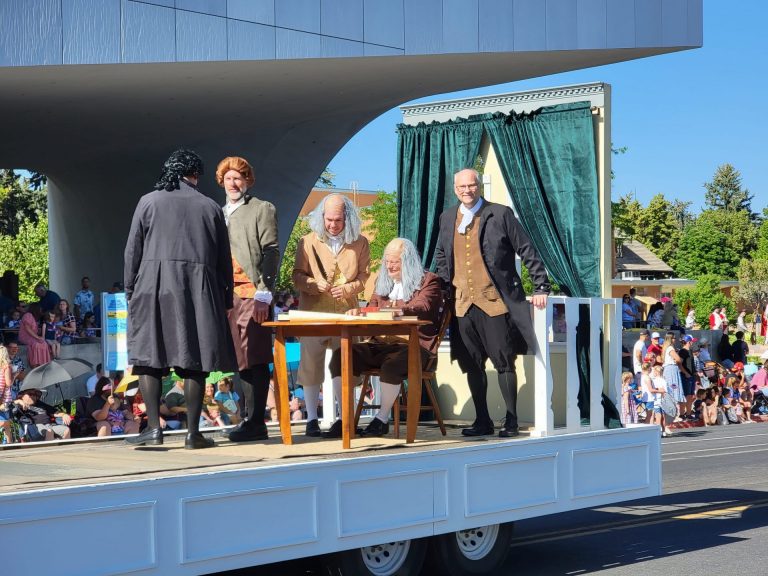

July 4, 1776: Adoption of the Declaration of Independence
After the Congress recommended that colonies form their own governments, the Declaration of Independence was written by Thomas Jefferson and revised by a committee of Benjamin Franklin, John Adams, Robert Sherman, and Robert R. Livingston. On July 2 the Congress voted for independence; on July 4 it adopted the Declaration of Independence.
The Declaration’s famous lines, “We hold these truths to be self-evident, that all men are created equal, that they are endowed by their Creator with certain unalienable Rights, that among these are Life, Liberty and the pursuit of Happiness”, have inspired generations of Americans and freedom seeking peoples around the world.



1776, Betsy Ross- Creation of the flag of the American Revolution
According to the oral history, in 1776, three men- George Washington, Robert Morris, and George Ross, visited Betsy Ross in her upholstery shop. She escorted them to her parlor, where they could have a private meeting. Here, Washington showed Betsy a sketch of a flag with thirteen red and white stripes and thirteen six-pointed stars.
The symbols of the flag represent- “Thirteen stripes for our thirteen colonies. White for purity and innocence, Red for hardiness and valor, Blue for vigilance, perseverance, and justice. One star for each colony, each being a symbol of the heavens And the divine goal to which man has aspired from time immemorial.” George Washington.




September 22, 1776: Nathan Hale executed
Hale needs no introduction. He is the “martyr-spy” of the American Revolution. As a 21-year-old captain in the Continental Army whose spotless moral character was universally admired, Hale courageously volunteered in September 1776 for the dangerous mission of reconnoitering British army positions in the New York City area; he was captured and hanged on Manhattan Island on Sept. 22, 1776.
Patriot writers depicted Hale’s death, describing how the young hero, alone amidst a sea of hostility, established a moral superiority over his tormentors and died triumphantly, uttering the imperishable sentiment: “I only regret that I have but one life to give for my country.”

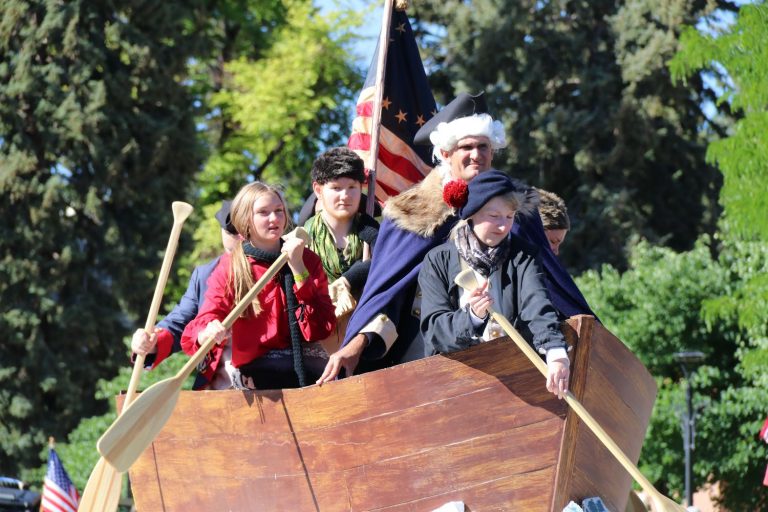
December 25–26, 1776: Washington crosses the Delaware
Having been forced to abandon New York City and driven across New Jersey by the British, George Washington and the Continental Army struck back on Christmas night by stealthily crossing the ice-strewn Delaware River, surprising the Hessian garrison at Trenton at dawn, and taking some 900 prisoners.
The American triumph at Trenton and in the Battle of Princeton (January 3, 1777) roused the new country and kept the struggle for independence alive.


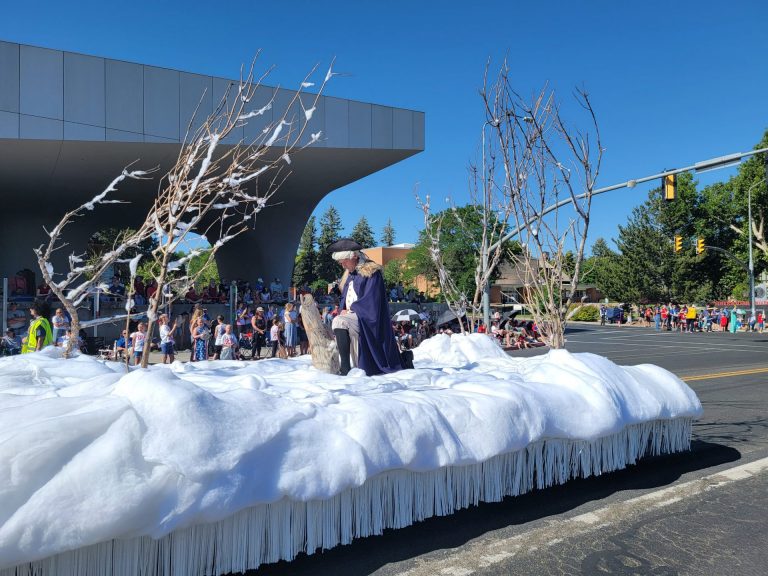
December 19, 1777–June 19, 1778: Washington winters at Valley Forge
Following failures at the Battles of Brandywine and Germantown, Washington and 11,000 regulars took up winter quarters at Valley Forge, 22 miles northwest of British-occupied Philadelphia.
Although its ranks were decimated by rampant disease, semi-starvation, and bitter cold, the reorganized Continental Army emerged the following June as a well-disciplined and efficient fighting force.
General Washington’s many hours of sincere prayer during the dreary winter of 1778 is a testimony to the Divine Hand of Providence that intervened in the fight for freedom.
Young Isaac Potts rode down one summer day
With Reverend Snowden on his dapple gray
Near where the Revolution Army lay
That dreary winter of that dreadful war;
And said to him: “Now let me, I implore,
Explain to you with simple southern lore
How I came to understand at Valley Forge,
The nature of our fine commander, George
Washington. I, a Quaker and a Tory,
Felt that war against Great Britain’s glory—
Whose fleets and armies covered land and sea—
Could only end in abject misery.
“I supervised the grinding of the grain
At this most stressful time of the campaign;
The soldiers, cold and hungry, ill equipped,
Were all but ready to give up the ship!
And yet this one good man, who at the helm,
Knew freedom from the king’s oppressive realm
Was the one and only way to guarantee
The rights of man, the cause of liberty!
“There, in those woods I heard a plaintive sound,
As of a man in prayer—’twas quite profound;—
So to a sapling here I tied my horse
And went in quietude to find the source.
I made my way between the leafless trees
And found the great commander on his knees;
His fine cocked hat and sword were laid aside
As in the God above he did confide—
“Surrounded here with woods of oak and beech,
With piety, the general did beseech
The God of all herein to interpose
For cause of country against the stronger foes.
He pled the cause of all humanity,
The cause of freedom only God could see;
He laid ‘ye Crisis’ firmly at His feet
And vowed to fight on, never to retreat.
“Now such a prayer I’d never heard before;
Such hope, such faith did from him freely pour—
I left him as I found him, knelt in prayer,
And knew I’d witnessed something truly rare!
For it always seemed impossible to me
That a soldier and a Christian one could be,
But here beneath those dismal winter skies
I saw it with my own two youthful eyes.
“I rode on home along that well-worn trail
A convert to a fledgling cause so frail;
Yea, this I knew—America would prevail!”
(This poem is based on an entry in the diary of the Reverend Nathanial Randolph Snowden, who lived from 1770 to 1851 and knew President George Washington personally. The entry can be found at the following website. http://www.ushistory.org/valleyforge/washington/prayer.html)
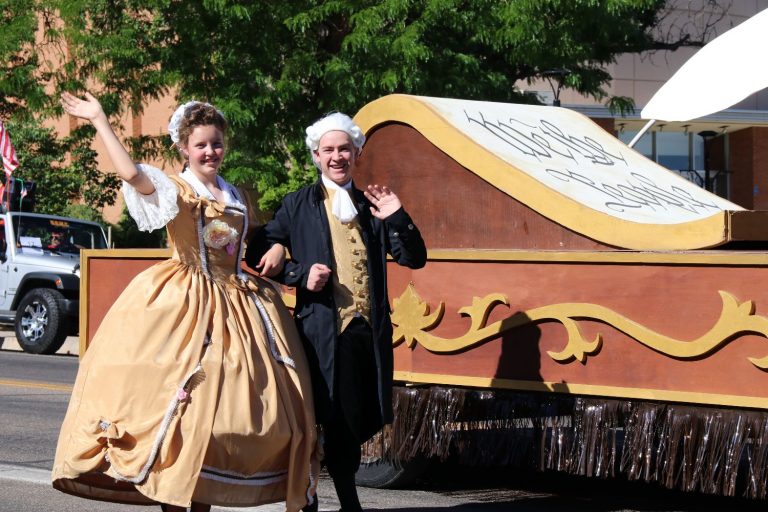


September 17, 1787: The Constitution of the United States of America
On September 17, 1787, a group of men gathered in a closed meeting room to sign the greatest vision of human freedom in history, the U.S. Constitution. And it was Benjamin Franklin who made the motion to sign the document in his last great speech. After the meeting concluded, James McHenry, a Maryland delegate, noted, “A lady asked Dr. Franklin, ‘Well Doctor, what have we got, a republic or a monarchy?’ A republic, replied the Doctor, “if you can keep it.”
“We the People of the United States, in Order to form a more perfect Union, establish Justice, insure domestic Tranquility, provide for the common defense, promote the general Welfare, and secure the Blessings of Liberty to ourselves and our Posterity, do ordain and establish this Constitution for the United States of America”.
Preamble to the Constitution of the United States of America


Let Freedom Ring- “Proclaim Liberty Throughout All the Land unto All the Inhabitants Thereof”
Join the Children’s Choir as they sing,
Freedom Isn’t Free
Freedom isn’t free! Freedom isn’t free!
You gotta pay a price…You’ve gotta sacrifice,
For your liberty.
Freedom is a word often heard today,
But if you wanna keep it there’s a price to pay.
Each generation’s gotta win it anew,
‘Cause it’s not something handed down to you
There was a general by the name of George,
With a small band of men at Valley Forge,
Left the comfort of home for the cold and ice,
They won Independence ‘cause they paid the price.
To some people freedom is a waving flag,
To do your own thing is another man’s bag.
For ev’ry man freedom’s the eternal quest.
Free to give humanity your very best.
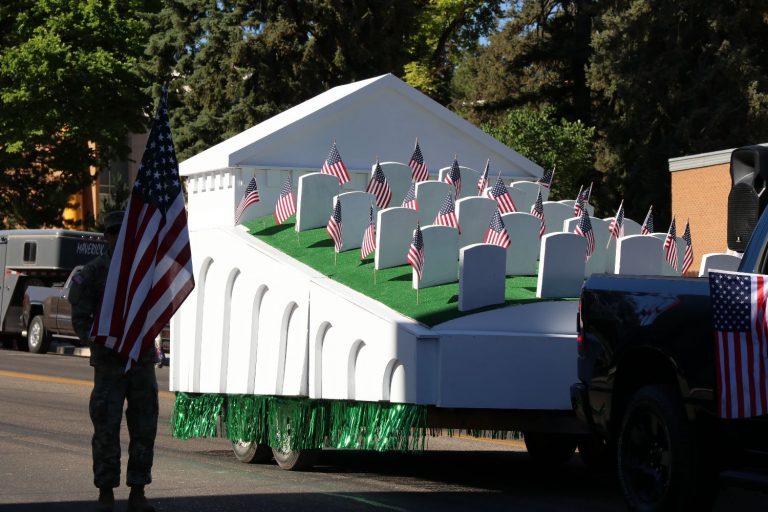
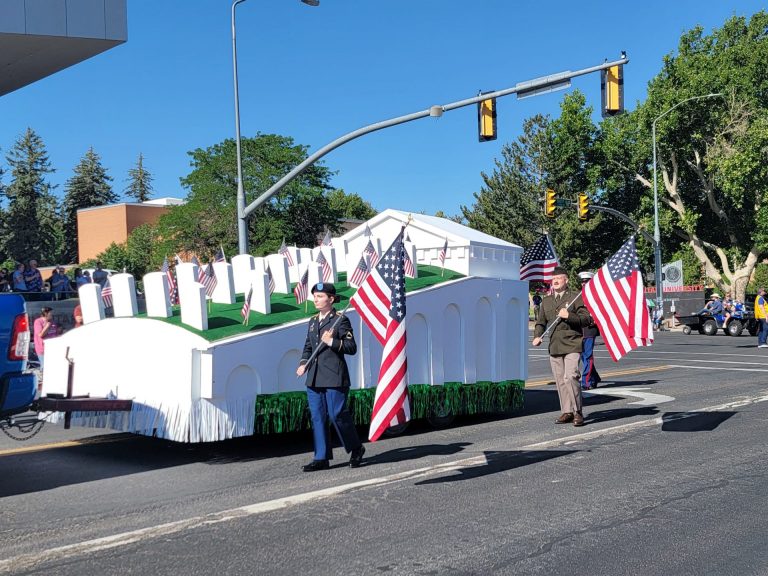
Freedom Isn’t Free- A Tribute to Defenders of Freedom- Arlington National Cemetery
Escorted by active-duty military personnel and veterans, those that gave their lives in the cause of freedom are honored by our community, the recipients of their priceless gift.
